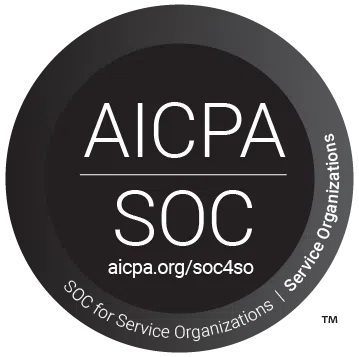- Who We Help
Learn about our innovative AI products and Lead-to-Loan™ solutions for both Auto and Installment Lenders
Auto LendersIt’s not simply just the borrower risk—it’s about the vehicle, the deal structure, and the effectiveness of your collections process/skip-tracing
Installment and Single Repayment LendersOptimize loan originations and workflows with our suite of Installment & Single Repayment Lending solutions
Property Managers & LandlordsSeamless tenant screening solutions ensure secure income verification, strengthen fraud prevention efforts, and provide valuable financial insights
- Solutions
Integrated and Optimized solutions, providing support at any end every step—from Lead-to-Loan™
The underlying technology and intellectual property that support Trust Science products
Borrower LifecycleRevamp and optimize lending processes, from Lead to Loan™
Lead GenerationProven tools that align risk and marketing to find the best leads for lenders
Credit AdjudicationUtilizing both standard and unconventional data, Explainable AI/ML Decisioning enhances credit assessment and lending efficiency
Rating Agency 2.0™Get under the cover of a book of loans
- Products
Industry leading products that improve lender efficiencies, reduce defaults, and increase originationsTechnologyThe underlying technology and intellectual property that support Trust Science products
Six°Score™Stop overlooking creditworthy borrowers with our flagship AI & ML scoring model
Fl°wBuilder™Automate tasks from lead screening to approvals using Fl°wbuilder™, the virtual decision engine
Direct MarketingOptimize direct marketing with our configurable tools
BankingLeverage safe, secure and consented banking insights and verification through Smart Consent™
Lead Sourcing and Screening"Helping Lenders Find Great Borrowers™" Solution for improved conversions, larger deals, and reduced costs
- Resources
Learn more about what we do and what we’re working onBlog
Short reads and insights into AI, FinTech, and the Economy
Gartner® Research MentionsLearn about the research mentions that highlight Trust Science as gold standards for the industry
EventsEvents we have previously attended and will be at in the future
Media KitMaterial geared towards media professionals
ArticlesTrust Science in the media
- About Us
Get to know our passionate team, find exciting career opportunities, and learn about our cutting-edge security standards
Our TeamThe experts behind our product
Press ReleasesThe most important announcements, all in one place
PartnersExplore our array of partnerships, integrations and industry partners
TrustOur world-class security, privacy and governance standards
CareersJoin Trust Science: Why & How
Invisible Primes™Learn more about the customers our models seek to uncover
- Support
- Support
SupportClient support
Consumer DisclosureFor consumers, inquire/dispute your Consumer Disclosure
Consumer ResourcesResources and references for consumers
- Contact Us



